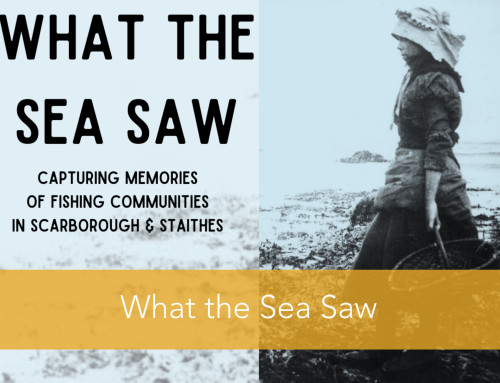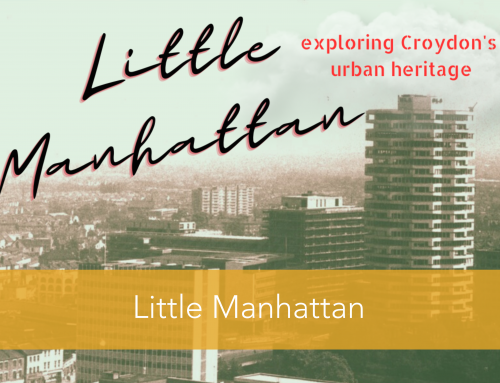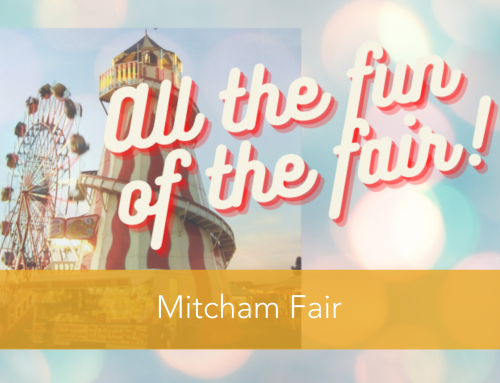To commemorate the 75th anniversary of the end of WW2, Digital Drama has created 4 new short films using little seen archive footage from London’s Screen Archives. To watch the films, click on the menu buttons to the right of this page.
Supported by a grant of £59,900 from the National Lottery Heritage Fund, Digital Drama trained 35 volunteers across London to deliver reminiscence and recording workshops to gather the memories of 90 older residents in 6 London boroughs of Camden, Ealing, Hounslow, Kingston, Croydon and Merton. Working with the Heritage and Archive departments of these 6 boroughs, Digital Drama have edited WW2 childhood memories together with the archive footage to create 4 new films themed Digging for Victory, Bombs & the Blitz, Evacuation and VE/VJ Day.

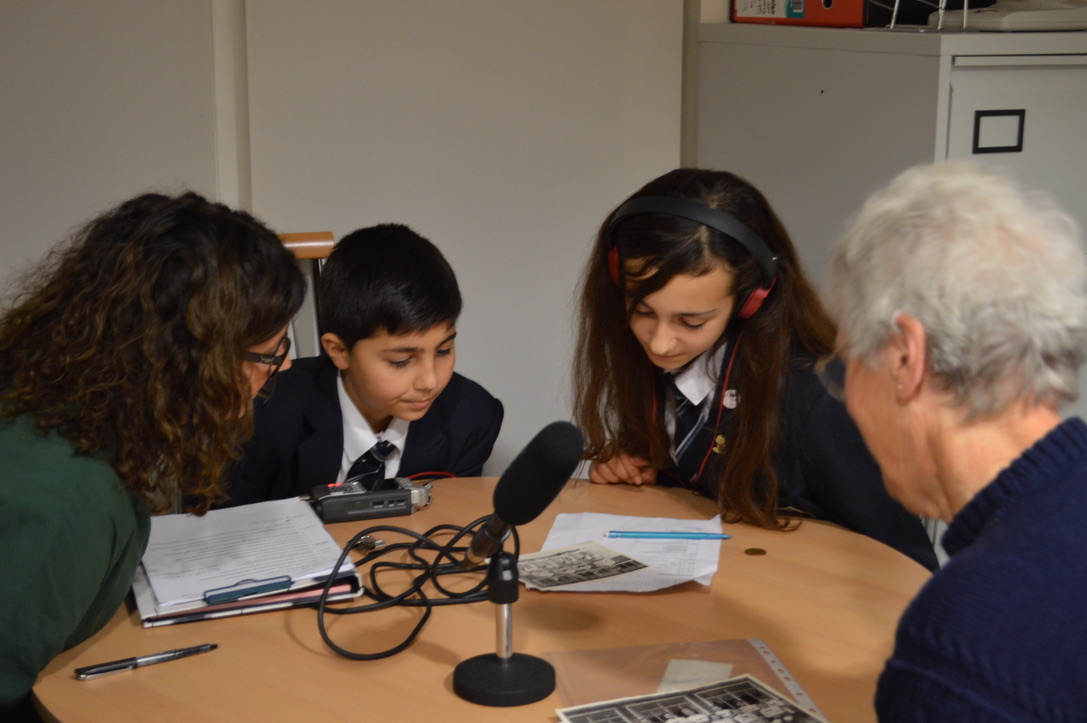
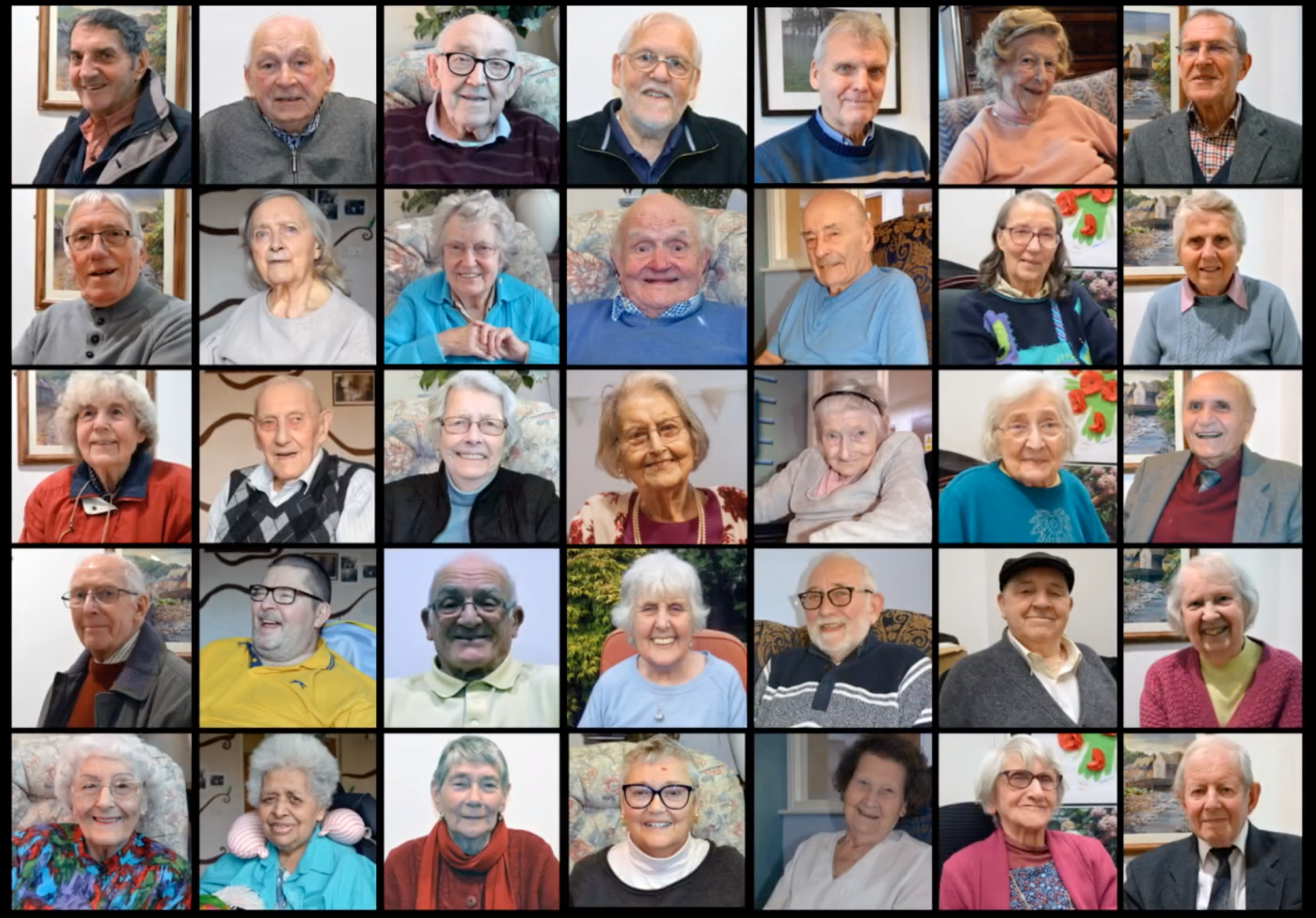
With thanks to our project partners:
London’s Screen Archives
Camden Local Studies and Archives Centre
Museum of Croydon
Gunnersbury Park Museum
Merton Heritage and Local Studies Centre
Cultural Services, Royal Borough of Kingston
Clarion Futures Communities
SHINE Merton
This was a great project with which to be involved. It was very moving to hear the personal wartime accounts of local people. I learnt a lot about the stoicism and grit of the wartime generation and was also very humbled to learn how much many of them empathise with those facing conflict and hardship in countries around the world today. (Partner Organisation)
It was incredibly rewarding to see how much the participants enjoyed the reminiscence sessions and how keen they were to pass on their wartime experiences to younger generations. It was a really positive and people-focused project and I was very pleased to have been a part of it. (Volunteer)
I felt that you were genuinely interested in the things I was telling you (Participant at Reminiscence Session in Hounslow)
The films and materials generated by the project will be an invaluable resource for the local Heritage Service. They will not only enable us to share the recorded reminiscences, using them to trigger further discussion amongst members of the wartime generation – (Partner Organisation)
Workshop Thoughts from Mandy Smith (Project Partner):
I am a Collections Access Officer at the Museum of Croydon. As you may expect, I have a great interest in local and social history and I feel it is so important to capture the memories of people who have lived through times so different to what we know today, which is why I was so pleased to meet the group participants and be part of Digital Drama’s Home Front project.
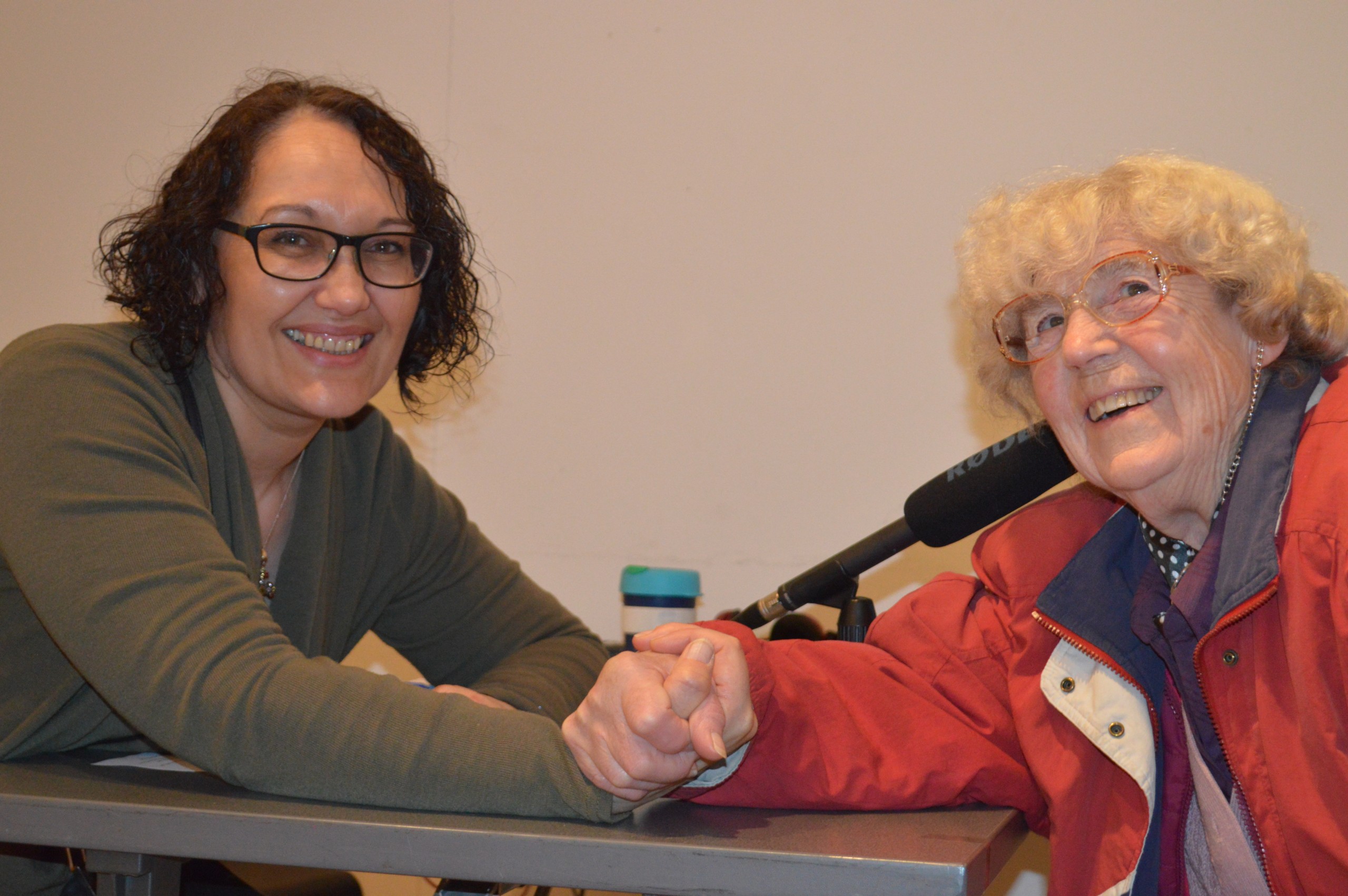
Hearing their stories of life during the war, with the help of objects from our WW2 handling collection which prompted discussions, including air raids, bomb sites and evacuation showed how for some it was fun and a happy time of their life, whilst for others, it was something that triggered very unhappy memories. However, having the support of Kate and Alison at Digital Drama and Malcolm Jones from Age Exchange was really helpful as I learnt how to engage with people’s sad memories and how to respond sensitively to people’s descriptions.
One of my favourite parts of the project was having the opportunity to conduct an interview with one of the participants. A wonderful lady called Barbara, who I have to say, was very patient with me as a novice interviewer! Luckily, Kate and Alison were on hand and before the interview showed me how asking open questions which would encourage a more detailed response. It’s certainly taught me that interviewing people is no easy feat and I have a new founded respect for talk show hosts!
I enjoyed all aspects of being involved in this project and when I saw the final film footage I thought result was amazing. I think when there are opportunities available to create projects like this, they should not be left dormant and I would love to see more projects like this covering different decades.
Workshop Thoughts by Aneta Baniak (Volunteer)
Conducting interviews with WWII survivors was an extraordinary encounter with history for me. In history lessons or when I watched a movie or read about WWII, I always absorbed information with ‘’this happened in the past’’ attitude. When one partakes in an oral history project, like I did, this attitude is no longer present. Whilst I was listening to stories of surviving by pure luck – one lady’s home was the only one that was not bombed on the street she lived – or being mistreated by host family during evacuation period, history became painfully real and alive to me.
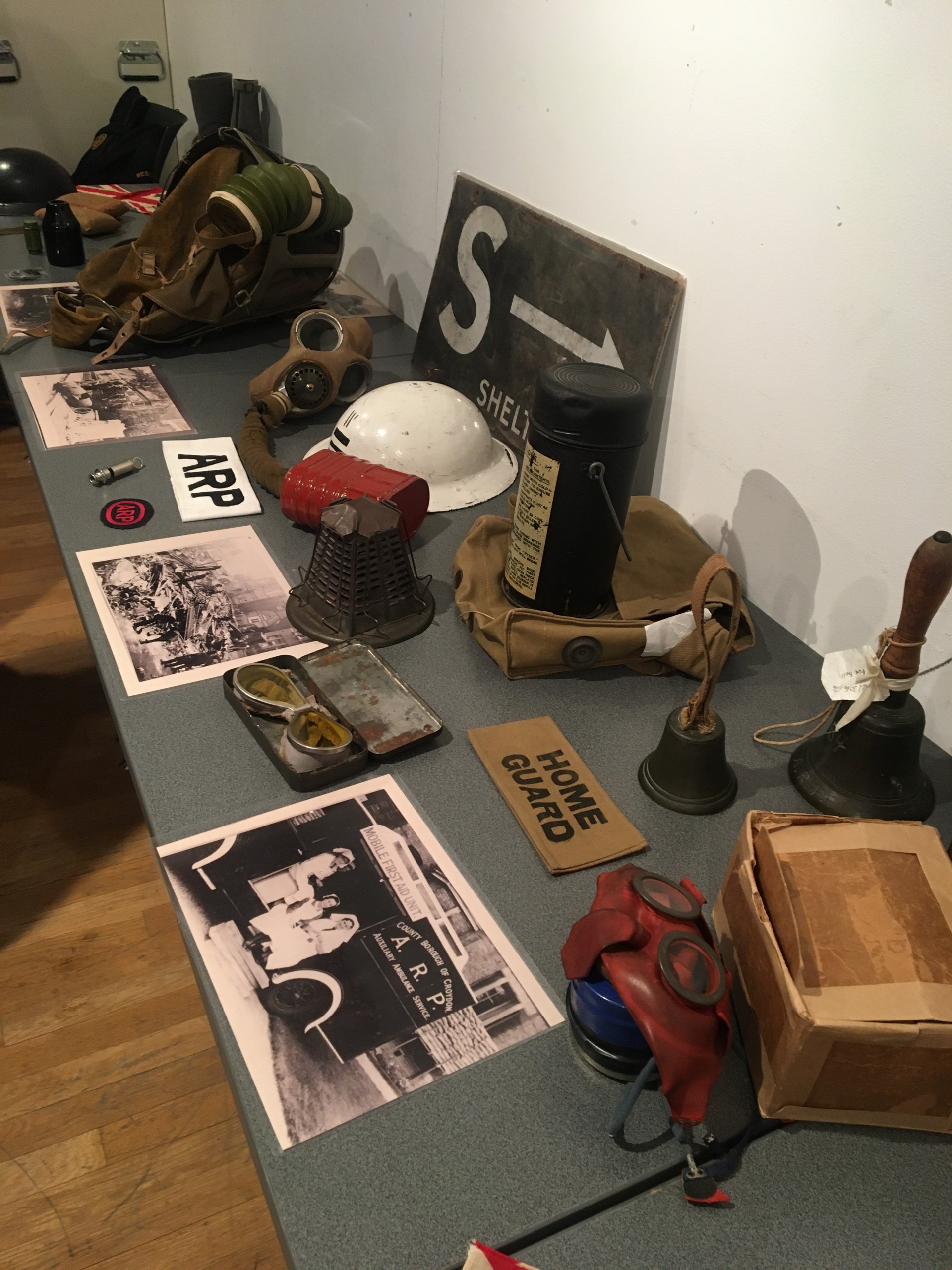
When I conducted the interviews, I felt privileged to hear out interviewees’ stories. I also felt a weight of responsibility on my shoulders. It is a sensitive subject and one has to be mindful and cautious when asking questions. For that reason, it is a subject that I do not bring up too often in my work practice. I do work with elderly and in my role, I run reminiscence activities on regular basis.
I tend to plan sessions around safety themes. I want to cherish their happy memories and uplift their moods. Which is good. Yet, life is not always happy. Often times bad events are those that shaped us therefore those experiences should not be discarded. And that is the feeling that I got from interviewees. Even though the subject was serious, I felt that they appreciated that their experiences were validated and also that they felt responsible to give as rich account as possible to future generations, even if that meant reliving bad memories. One interviewee agreed to and carried on with the interview, despite internal struggle with trauma of losing a father. It was not easy for him to answer questions, but at the same time he wanted the world to know what his father did for his country. When the interview concluded, he said ‘I hope that was helpful’. Other interviews concluded in similar manner. I was particularly struck when one interviewee apologised profusely for not remembering enough.
When the project finished, I was no longer afraid to ask questions that I avoided. I felt confident because I knew that through this project, I had gained skills that would enable me to effectively engage in conversation about WWII with its survivors.

